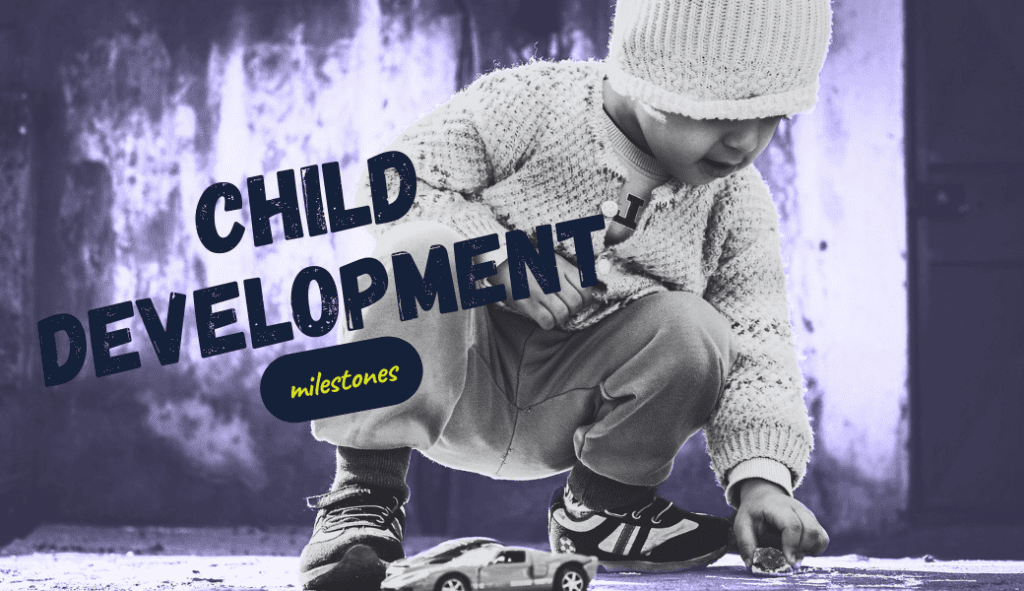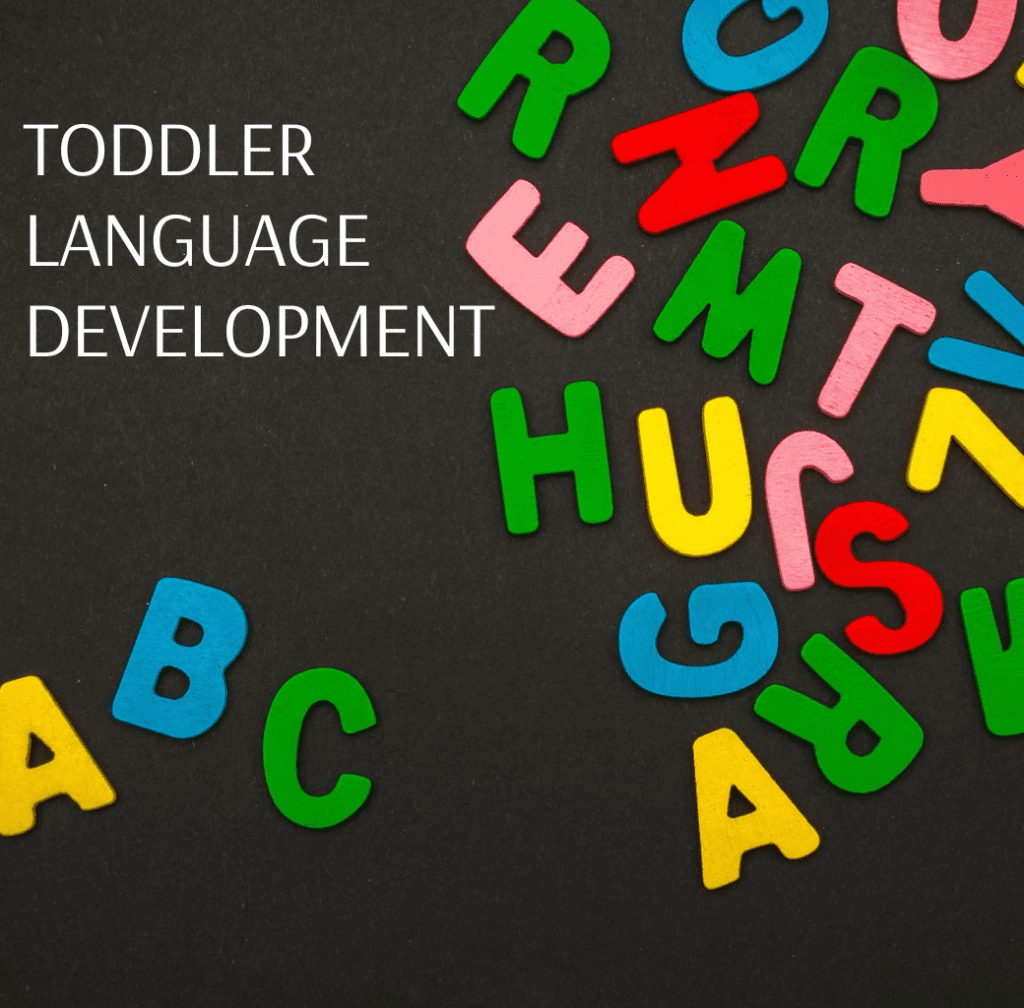Introduction
The early years of childhood are characterized by rapid physical and cognitive Child Development Milestones, laying the foundation for lifelong learning and growth. Understanding the various aspects of development can empower parents and caregivers to provide the necessary support and stimulation for optimal growth and development.
Physical and Cognitive Development: Nurturing Growing Minds
Physical and cognitive development of Child Development Milestones are integral aspects of a toddler’s growth journey, each playing a vital role in shaping their abilities and behaviors. In this comprehensive guide, we delve into the key milestones and developmental stages of motor skills, cognitive abilities, social and emotional growth, communication skills, and sensory development in toddlers.
Importance of Motor Skills in Child Development Milestones
Motor skills encompass both gross motor skills, involving larger muscle groups, and fine motor skills, involving smaller muscle groups. These skills are essential for performing everyday tasks, from walking and running to writing and drawing. Developing strong motor skills development is crucial for physical coordination, balance, and overall well-being.
Gross Motor Skills Development: Milestones and Development
Gross motor skills involve movements that require the use of large muscle groups, such as those in the arms, legs, and core. Milestones in gross motor skills development include crawling, walking, jumping, and climbing. Engaging children in activities such as outdoor play, sports, and active games can promote the development of gross motor skills.
Fine Motor Skills: Milestones and Development
Fine motor skills involve the coordination of smaller muscle groups, particularly those in the hands and fingers. Milestones in fine motor skills development include grasping objects, manipulating small items, and using utensils. Activities such as coloring, cutting, and building with blocks can help strengthen fine motor skills.
You May Also Like To Read: Are You on the Hunt for the Ultimate Baby Carrier In 2024? Experience Joy! Dive Into Our Detailed Review!
Introduction to Cognitive Development Stages
Cognitive development refers to the growth of intellectual abilities, including memory, language, problem-solving, and decision-making skills. Cognitive development stages begins from infancy and continues throughout childhood, shaping a child’s capacity to understand and interact with the world around them.
Cognitive Development Milestones in Toddler
Toddler reach various cognitive milestones as they grow, from the development of basic memory skills to the acquisition of language and communication skills. Providing opportunities for exploration, imaginative play, and exposure to language-rich environments can support cognitive development in children.
Introduction to Social and Emotional Growth
Social and emotional development encompasses the ability to understand and manage emotions, form relationships, and navigate social situations effectively. Fostering positive social and emotional skills in children lays the groundwork for healthy relationships and emotional well-being in adulthood.
Social Milestones in Children
Social milestones include learning to interact with others, express emotions, and show empathy towards others. As children grow, they develop a sense of self-awareness, empathy, and social competence, enabling them to form meaningful relationships and navigate social challenges with confidence.
Language Development Milestones
Language development milestones focus on a child’s ability to communicate effectively through spoken and written language. These milestones include skills such as babbling, saying first words, forming sentences, understanding grammar rules, and reading and writing. Language development is essential for academic success, social interaction, and self-expression.
You May Also Like To Read:“Sippy Cup Mastery: # Empowering for Parents with Tips for a Smooth Transition”
Conclusion
In conclusion, understanding the various aspects of physical, cognitive, social, and emotional development is essential for supporting children’s overall growth and well-being. By providing a nurturing and stimulating environment, parents and caregivers can help children reach their full potential and thrive in all areas of development.
FAQs
Motor skills refer to a child’s ability to control movement, both gross (large muscle movements) and fine (small muscle movements). Gross motor skills involve activities like walking, running, and jumping, while fine motor skills include tasks such as writing, drawing, and buttoning clothes.
Motor skills play a crucial role in a child’s physical, cognitive, and social development. They are essential for performing everyday tasks, participating in sports and physical activities, and engaging in academic and creative pursuits.
Encourage your child to engage in a variety of physical activities, such as riding a bike, playing with balls, and climbing on playground equipment. Provide toys and games that promote fine motor skills, such as puzzles, building blocks, and art supplies.
Signs of motor skill delays may include difficulty with coordination, balance, or fine motor tasks like holding a pencil or using utensils. If you notice persistent challenges in these areas, it’s essential to consult with a pediatrician or developmental specialist.
Milestones for motor skill development vary from child to child, but in general, infants begin to achieve gross motor milestones like rolling over, sitting up, and crawling within the first year. Fine motor skills, such as picking up small objects and drawing basic shapes, typically develop between ages 2 and 5.
Cognitive milestones refer to significant achievements in a child’s cognitive development, such as language acquisition, problem-solving skills, and abstract thinking. These milestones are crucial indicators of a child’s intellectual growth and overall development.
While cognitive milestones primarily focus on intellectual abilities, other types of milestones, such as physical and emotional milestones, encompass different aspects of a child’s development. Cognitive milestones specifically highlight advancements in thinking, reasoning, and learning.
Common cognitive milestones in children include reaching language development milestones, such as babbling, saying first words, and forming sentences. Other milestones involve problem-solving skills, memory development, and the ability to understand abstract concepts.
Parents and caregivers can support cognitive development in children by providing a stimulating environment that encourages exploration, offering opportunities for creative play and problem-solving, and engaging in meaningful interactions that promote language development and critical thinking skills.
Some warning signs of cognitive delays in children include difficulties with language development, delayed or impaired problem-solving abilities, and challenges with memory or attention. It’s essential for parents to monitor their child’s development and consult with healthcare professionals if they have any concerns.
Early intervention can play a crucial role in supporting children with cognitive delays by providing access to specialized services and therapies designed to address their specific needs. Through early identification and intervention, children can receive the support they need to reach their full potential.




Pingback: The Joys and Struggles of Parenting